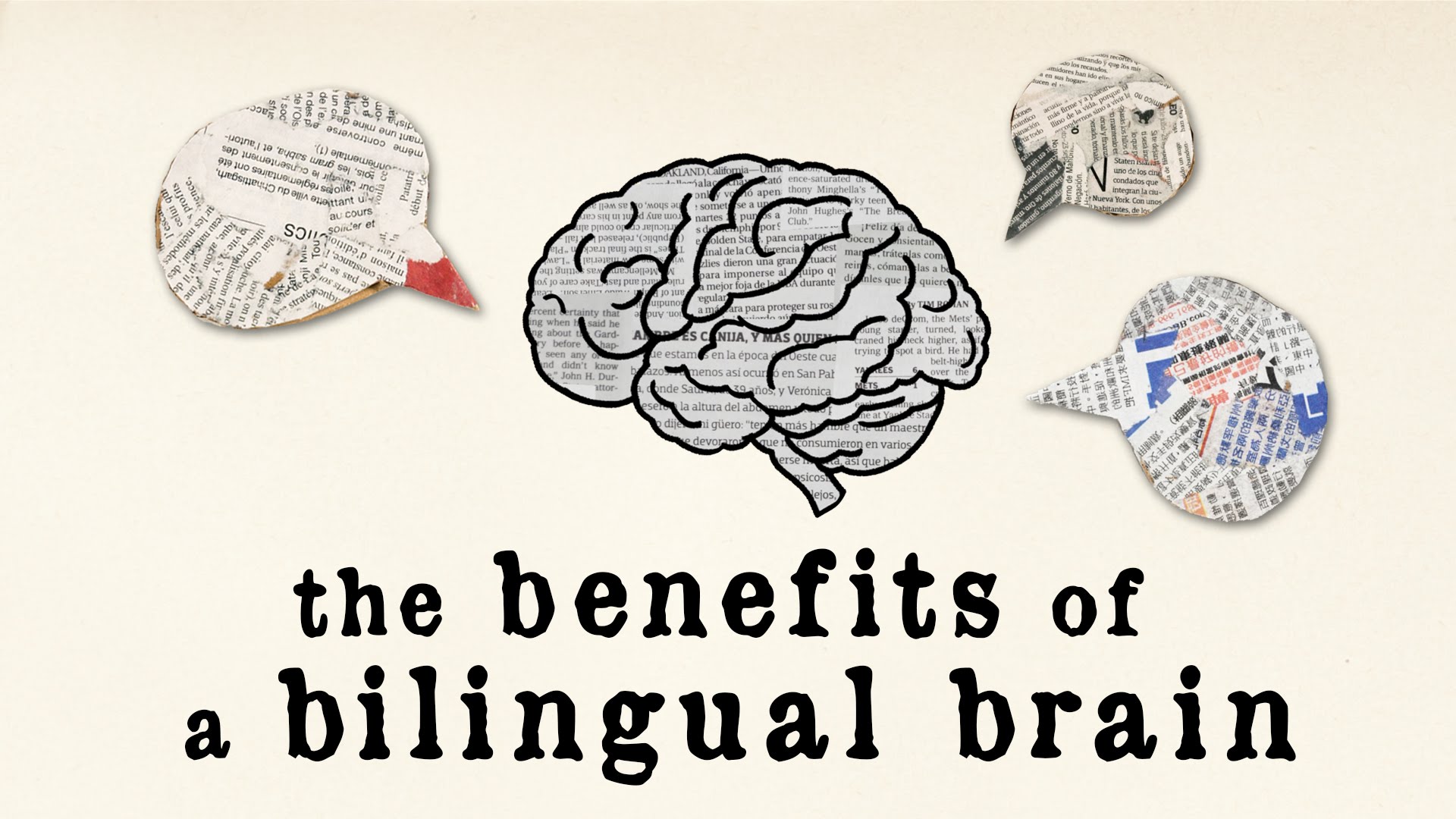(DW.com) Speaking more than one language has many more benefits than just being able to communicate with people the world over. Here is why teaching children to speak more than one language is a brilliant idea.
Meeting Katharina might just make you green with envy. At the tender age of 11, Katharina can speak three languages fluently - Spanish, German and English.
And she never had to cram vocabulary or learn grammar rules - she learned all three languages as a young child.
"For me, it's a bit confusing to see other kids talking in only one language to their parents. It is like something is missing here," Katharina says and laughs, a bit embarrassed. Speaking several languages as an eleven-year old does not seem special for her. "It is the most normal thing."
Growing up trilingual
Katharina's father, Wolfgang, is German, and her mother, Marisa, was born in Colombia. Now the three of them live in Cologne, in the German state of North Rhein-Westphalia.
Marisa grew up speaking both English and Spanish.
When Katharina was born, Marisa - a linguist by training - was determined that her daughter should grow up bilingually. "I wanted to give her this as a gift," she told DW.
Marisa spoke Spanish with her daughter, while Wolfgang spoke his native German - the typical 'one parent - one language' strategy as linguists call it.
But Marisa's plan didn't quite work out as she had hoped.
While Marisa's German is excellent now, she wasn't proficent enough when Katharina was born, so Marisa and Wolfgang spoke English to one another. When the three of them were together, the couple translated what they had said into German or Spanish for Katharina.
"When Katharina was a few years old, we were at the supermarket one day," Marisa remembers. Suddenly, the child started to speak English. "She just pointed at things saying 'banana, apple - mummy, look a pear!"
Marisa and Wolfgang were taken aback. Not only could Katharina speak and understand Spanish and German, she had picked up the English language as well. "That was when we started English as our family language when we are all together."
More flexible brains
Marisa and Wolfgang did indeed make Katharina a special gift by bringing her up in a multilingual environment. Researchers have found that multilingual children have more flexible brains than monolingual children of the same age.
Multilingual children learn much earlier in life to put themselves into the shoes of other people and to understand that others have beliefs, perceptions and desires that might be different from their own. Scientists call this ability "theory of mind."
In a study at the University of Chicago, children between 4 and 6 years old were asked by an adult to hand over "the small car." The children could see three cars - small, medium and large - but were in a position to observe that the adult could not see the smallest car.
Bilingual children understood that for the adult "the small car" meant the medium car because the adult - with whom they were able to identify - wasn't able to see the smallest of the three. So they handed over the medium car - much more often than monolingual children did.
Switching comes natural
Multilingual children also have higher attention and task-switching capacities, posits Claudia Maria Riehl, a linguist at Munich's Ludwig Maximilian University.
In a study at the University of Toronto (pdf), preschool children had to sort blue squares and red circles, initially according to color, and in a next round according to shape.
"Multilingually raised children were much, much better than monolingual children at switching off the previous task and focusing on the recent one," says Claudia Maria Riehl. "One explanation is that multilingual children constantly have to switch off one language while speaking the other."
Plus, multilingual children may also be more adept at acquiring multicultural competence.
According to her mother, Katharina resolves conflicts with friends quite easily and is always the first to settle things down. "She is also very open to people from other cultures," she says. "She doesn't see not knowing the other one's language as a barrier for communication."
"Can you hand me the Brot?"
Sometimes, when speaking English, Katharina might not remember a word in English that she knows in German or Spanish. That's when she might use the German word in an English sentence.
This type of language mixing is a normal part of being a bilingual kid, Byers-Heinlein says. "It is a pretty clever strategy and not a sign of confusion or a problem."
Multilingualism might not work with any child, though. Some children refuse to speak one of their native languages when they grow older. They tend to stick to the language that their friends at school speak.
Language learning came natural to her. And she's not resting on her proverbial laurels. Next year, she will start to learn French at school - her first "foreign language."
Katharina, though, was different. Language learning came natural to her. And she's not resting on her proverbial laurels. Next year, she will start to learn French at school - her first "foreign language."
Will she have to cram for vocabulary tests? Pas probable!
Fuente: www.dw.com
